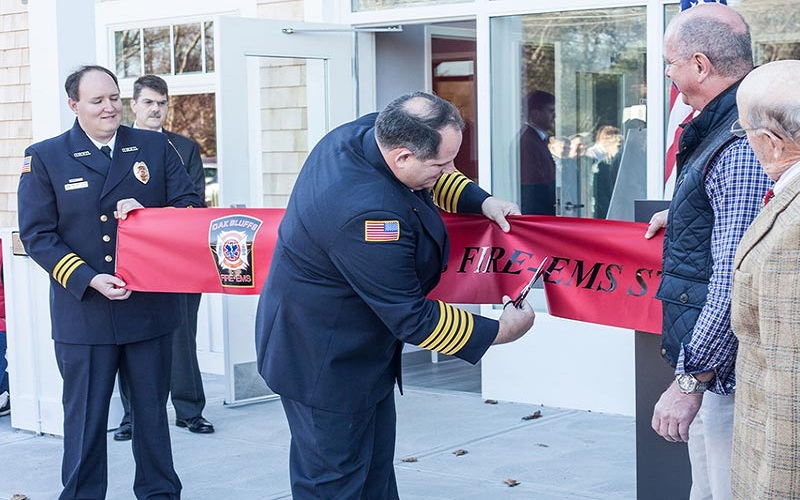Fire departments play a crucial role in safeguarding communities. Their importance is particularly seen in small towns where resources may be limited. Yet, funding these essential services can be challenging for smaller communities. It often leads to a heavy dependence on union negotiations.
John Rose Oak Bluff is a professional firefighter. John has worked closely with the fundraisers for firefighters. He knows that the task is not easy as people are resistant to providing money for firefighting departments. He has faced too many setbacks while trying to collect funds. Here are some challenges you can face while raising funds for the firefighters.
Challenges in Funding Firefighting Departments in Small Towns:
- Limited Tax Base: Small towns generally have a smaller tax base compared to larger cities, resulting in limited financial resources available for essential services like firefighting.
- Volatility of Donations: While donations are a common source of revenue for fire departments, small towns may experience fluctuations in contributions, making it difficult to maintain a consistent level of funding.
- High Equipment and Training Costs: Firefighting equipment and ongoing training for personnel can be expensive, posing a challenge for small towns with tight budgets.
- Staffing Concerns: Attracting and retaining skilled firefighters can be difficult in small communities, further complicating the funding issue.
The Necessity of Funding Firefighting Departments in Small Towns:
- Public Safety: Adequate funding ensures that firefighting departments have the necessary resources to respond promptly to emergencies, protecting lives and property.
- Community Resilience: Well-funded fire departments contribute to community resilience by mitigating the impact of disasters and emergencies, fostering a sense of security among residents.
- Insurance Premiums: Properly funded fire departments can positively impact insurance premiums for residents, as insurance companies often consider the level of fire protection available in a community.
- Economic Stability: A reliable firefighting service enhances economic stability by minimizing the damage caused by fires, thus preserving businesses and infrastructure.
Alternative Funding Models:
- Public-Private Partnerships: Collaborate with private entities to share costs and resources, fostering a mutually beneficial relationship that supports the community’s firefighting needs.
- Grant Programs: Explore and apply for grants from governmental agencies, non-profit organizations, and private foundations to secure additional funding for equipment, training, and infrastructure.
- Community Fundraising Events: Organize events such as charity runs, auctions, or community fairs to raise funds while engaging residents and creating a sense of community spirit.
- Subscription Services: Implement a subscription-based model where residents pay a nominal fee for fire protection services, similar to how some medical services operate in rural areas.
- Fee-for-Service Agreements: Offer firefighting services to neighboring towns on a fee-for-service basis, generating additional revenue for the department.
- Corporate Sponsorships: Seek support from local businesses through sponsorship agreements, allowing them to contribute to the community while gaining visibility.
In small towns, where resources may be scarce, exploring alternative funding models is essential for ensuring sustainability says John Rose Oak Bluff. By thinking creatively and engaging the community, fire departments can spread their revenue streams and reduce dependence on union negotiations.







